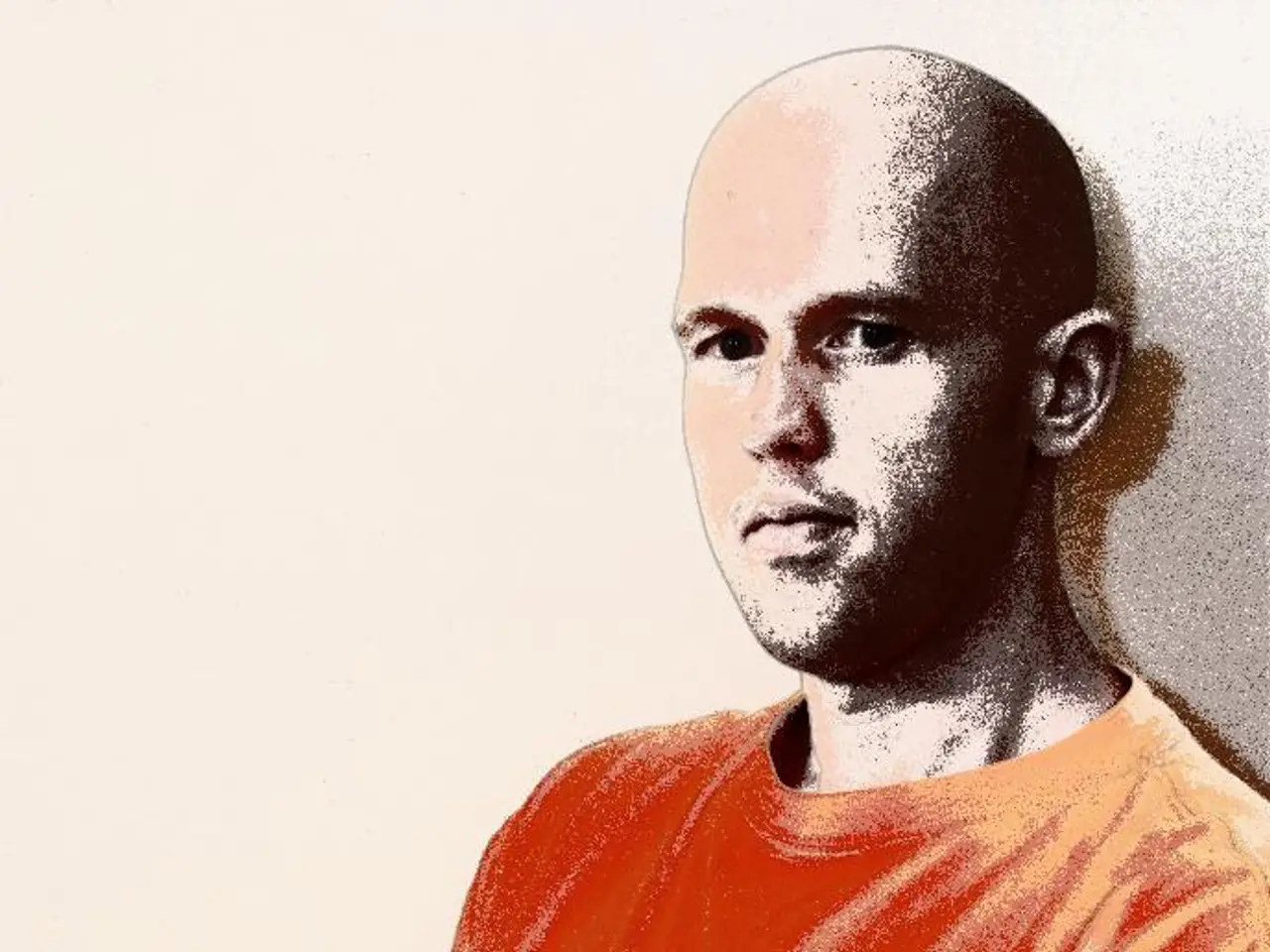Dander Discrepancies: Understanding the Distinction Between Dandruff and a Dry Scalp
In this article, we will delve into the common skin conditions that affect the scalp – dry scalp and dandruff. We will explore their causes, symptoms, and effective treatment methods.
Dry scalp and dandruff are two distinct skin conditions that can cause itchy, flaking skin on the scalp. Dry scalp is caused by a lack of moisture or lubrication on the scalp, leading to small, dry flakes. On the other hand, dandruff is caused by an overproduction of dead skin cells, resulting in larger, oily flakes.
Various factors can contribute to dry scalp, including smoking cigarettes, cold, dry weather, certain medical conditions such as diabetes, kidney disease, thyroid disease, or conditions that affect the immune system, skin conditions like psoriasis, atopic dermatitis, or seborrheic dermatitis, and using harsh hair care products.
Dandruff, however, can be caused by fungal infections, sensitivity to certain hair products, or excessive oil secretions on the scalp. A 2016 study found a connection between certain Malassezia fungi and dandruff, with Dr. Victor C. Wyndham being the author of the study.
To combat dry scalp, simple lifestyle changes can make a significant difference. Avoiding hot water when showering or bathing, using a humidifier, and drinking more water can help keep the skin moisturized. Shampooing hair less frequently and switching to moisturizing, non-irritating shampoos can also help prevent dry scalp.
There are various home remedies for dry scalp treatment. Aloe vera, apple cider vinegar, bananas, coconut oil, jojoba oil, tea tree oil, and witch hazel are some of the ingredients that can be used. These remedies can be found in products at the drug store or online, or they can be added to a normal shampoo.
For instance, virgin coconut oil can be massaged into the scalp, left for up to 15 minutes, and rinsed with lukewarm water. Witch hazel can be sprayed directly onto the scalp and left for up to 15 minutes before being rinsed with lukewarm water. Tea tree oil should be diluted in a carrier oil before being massaged into the scalp and left for up to 10 minutes. Jojoba oil is an effective moisturizer that can quench a thirsty scalp.
If dandruff shampoo isn't working, it may be necessary to talk with a healthcare professional. Psoriasis or eczema can be ruled out by a healthcare professional if dandruff shampoo isn't working. In most cases, dandruff and dry scalp are harmless, but one may want to see a health care provider if symptoms persist or worsen.
A dermatologist can offer prescription ointments or shampoos to get the scalp healthy again. Anti-dandruff ingredients to look for include coal tar, ketoconazole, salicylic acid, selenium sulfide, and zinc pyrithione.
Stress can weaken the immune system and make one more susceptible to dandruff. A small amount of sun exposure might help keep dandruff symptoms in check. A healthy diet full of zinc, B vitamins, probiotics, and omega-3 fatty acids can also help reduce the risk of dandruff.
Product buildup can make hair feel greasy, dull, or stiff. Using an anti-dandruff shampoo once or twice weekly can prevent flare-ups. In addition, avoiding harsh dyes or products that can dry the scalp out can help maintain a healthy scalp.
In conclusion, understanding the causes and symptoms of dry scalp and dandruff is crucial in managing these conditions. Simple lifestyle changes, home remedies, and medical interventions can help keep the scalp healthy and free from these common skin issues. If symptoms persist or worsen, it is always advisable to consult a healthcare professional.
Read also:
- Top-Notch Home and Expert Age Spot Remedies
- 'Starting today, registration for the Ayushman Bharat Scheme is available'; announced Delhi's Health Minister, Pankaj Kumar Singh
- Apparition's Significance and its Delivered Messages - as discussed by Sensenmann
- Explored the Popular Health Assessment with a Queue of 100,000 Aspiring Participants - Here's My Unadulterated Opinion






